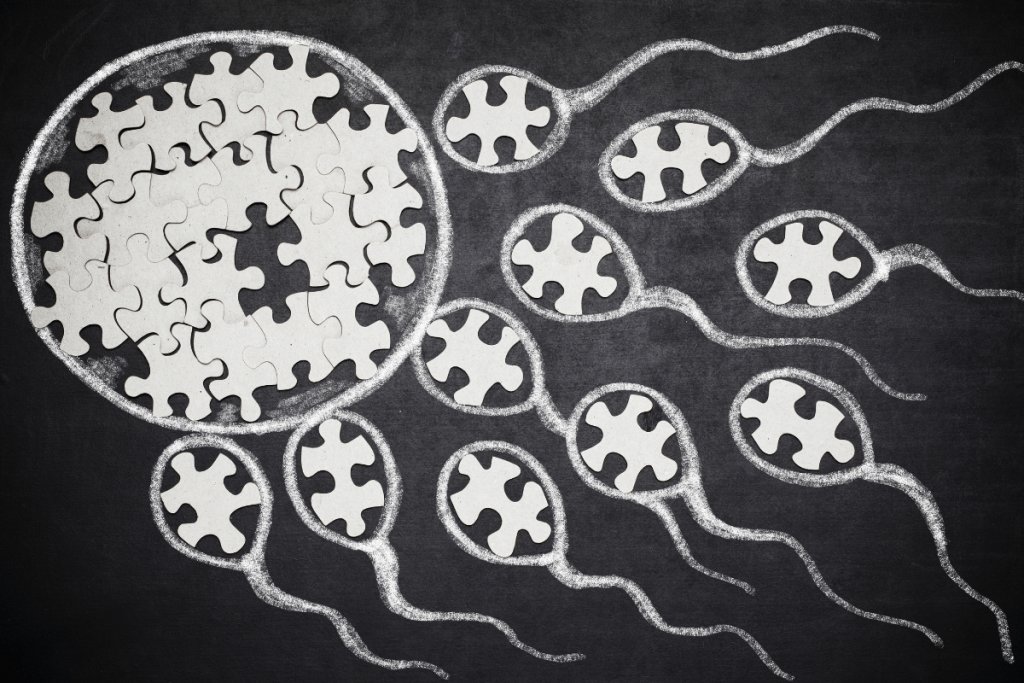Have you crossed your 30s and still trying to conceive? Creating a family and transforming yourself from partners to parents is overwhelming. And not being able to become “Parents” is distressing, especially for mothers. We know that it is all a physical, social, and psychological trauma of not being able to become parents.
Of course, now after trying for a long time without a medical hand on the side to guide you, you’ve got tired. Indeed, listening to terms like PCOS, Female Infertility, Male Infertility, Thyroid, and many more in the lane. So, here’s what you need to know with a little more clarity on female infertility.

What is Infertility in females?-
Female infertility is the process of not being able to conceive or get pregnant after one long year of unprotected sex. Infertility in females is said to occur as soon as they cross 35 which nowadays has landed to 30+. Moreover, continuous miscarriages are often termed infertility.
Different Types of Female Infertility –
- Primary Infertility: This refers to a condition where the female hasn’t conceived before even for once.
- Secondary Infertility: This refers to a condition where the female has once successfully conceived before.
Cause of Female Infertility-
While you might not get a direct clue but certain symptoms are the signs, indicating infertility. Generally, infertility in women can be a result of problems in ovulation. Certainly, at times there isn’t any egg release, or is otherwise stopped during some cycles.
To point out, there isn’t any one specific or prominent reason for infertility in women. Rather, there can be many- identified as known or unknown causes. As you might be aware or unaware of something contributing to your infertility. But, here is a brief about why has infertility resulted in females-
- PCOS
Polycystic Ovary Syndrome is a state where the effect is on the working of ovaries. One of the major signs of PCOS is irregular menstrual cycles which indicate rough egg releases.
- Thyroid Issues
Whether it is an underactive thyroid gland or a hyperactive thyroid gland- each of them can affect massively in preventing pregnancy.
- Failed Conceiving’s
If you have tried a couple of times within the span of 6 months and still are unable to conceive, then here’s the sign of infertility.
- Damage/Blockage of Fallopian Tube
The place where the egg fertilizes with the sperm is called the fallopian tube. Due to reasons such as tubal ligation, pelvic diseases, or any kind of surgery damage or block the fallopian tube.
- Uterine aberrations
Sometimes, uterine abnormalities that are carried out due to genetic issues can also cause infertility. Thus, abnormalities like uterine septum or T-shaped uterus can also contribute to preventing pregnancies.
- Unbalanced egg count & quality
Yes, the egg quality & count matter prominently as they too sum for infertility or poor pregnancy. Certainly, a woman’s body since birth carries a large amount of eggs that apparently exhaust before the pause of the menstrual cycle. Thus, common issues like PCOS occur leading to infertility. Further, the quality of eggs can lead to poor child growth as it paves way for unbalanced chromosome formation.
- Other common factors
While the above-mentioned are some common reasons or causes of female infertility. However, factors such as age, smoking habits, poor nutrition, weight, alcohol consumption, sexual habits, etc. can too affect it. So, women of age above 30 and 35 years should be mindful of their pregnancy & fertility health cues.
TIP- For better & detailed medical experts who can assist you in conceiving or either way help in improving fertility health- doctors or professional experts can help. So, always consult with your doctor first. It isn’t always female’s infertility caused to not being able to conceive rather male’s infertility can also be a reason. Thus, having a medical suggestion is always advised.

To The Bottom Line-
There are physical/noticeable or unnoticeable reasons for female infertility. Thus, you should always be mindful of your habits, lifestyle, physical relationships, eating routines, and many more things. Further, consulting the right doctors or fertility experts is essential to eliminate any kind of mishappenings. As couples often keep on trying without any appropriate guidance or attention on the same.
